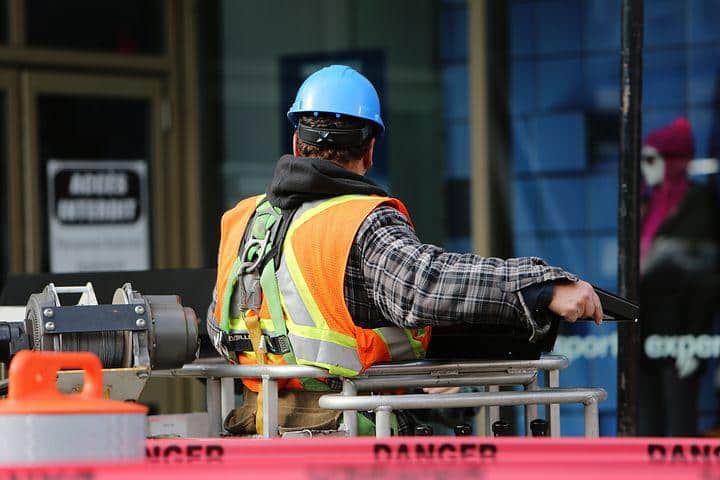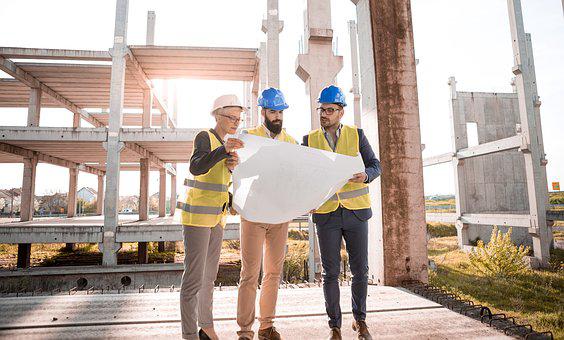In an illuminating roundtable published last week, construction industry trade magazine Construction Dive asked an array of industry experts what the industry can do protect and improve its workers’ mental health. As the report noted, construction’s suicide rate is four times that of the general population, suggesting that there is much work to be done to take care of workers’ emotional well-being.
Construction Dive asked a number of industry executives why mental health is a concern in construction and why it must be addressed. In response, Turner’s senior vice president Cindy DePrater said that tending to workers’ health and well-being can improve safety on job sites. Poole Anderson Construction president Stephanie Smith, meanwhile, said that the same factors that make construction a “challenging and rewarding career” can make it stressful for workers, especially when schedules change, projects are delayed, workers get injured, and pay becomes unpredictable, all of these contributing to increased stress and therefore increased risk.
Balfour Beatty US senior vice president of safety Keith McCoy opined that because construction worksites are dynamic and “ever-changing,” workers are constantly exposed to high-risk situations, which can be taxing on workers’ mental health. Over at Clark Construction, head of safety Kris Manning pointed out that construction schedules “can produce both physical and mental fatigue,” calling for the industry to “break the taboo” around discussing mental fatigue and mental health in the same way it discusses “traditional safety hazards,” encouraging workers to feel more comfortable getting help for mental health issues.

In response to a question about how to address mental health issues on construction sites, Skanska USA chief environmental health and safety officer Paul Haining said it’s “paramount” to establish measures that protect employees’ mental health, and to have in place “specially trained team members that have undertaken and completed a mental health training course” to help their coworkers when needed. Associated Builders and Contractors safety exec Greg Sizemore said the industry must place “a focus on total human health,” including physical, mental, financial, emotional, and spiritual well-being.
Asked about the benefits of including mental health in conceptualizations of construction safety, Associated General Contractors of America CEO Stephen Sandherr observed that when workers are healthy mentally, they are “more likely to remain focused and aware on the job site,” which in turn helps mitigate safety incidents. “We also believe, strongly, that address[ing] the mental health of our workforce is key to reducing suicide rates within the industry,” he said. “We have to get this right.”
More information on what construction industry stakeholders believe should be done about mental health and high suicide rates in the industry is available via Construction Dive.
Contact our construction accident attorneys to discuss your construction accident case.




